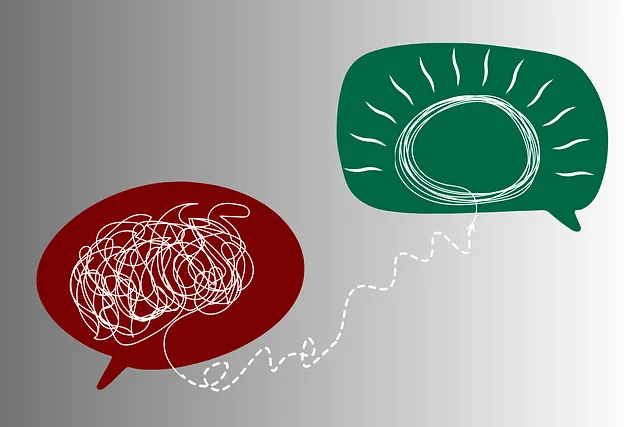Understanding mood regulation involves a complex interplay of genetics, brain chemistry, life experiences, and social interactions. To improve emotional responses, individuals should focus on stress management, as chronic stress disrupts natural balance. Kaiser Permanente's superior mental health services stand out with their holistic approach, combining professional support, self-care routines, therapy, and community support to enhance emotional well-being and build resilience. By integrating evidence-based practices, personal growth, journaling, healthy habits, and professional guidance, Kaiser empowers individuals to manage mood triggers effectively, reduce stigma, and foster lasting emotional stability for improved mental wellness.
Mood regulation is a vital aspect of emotional well-being, and mastering it can lead to a more fulfilling life. This article explores effective strategies for managing moods, delving into the complex mechanisms that underpin emotional balance. We’ll showcase how superior Kaiser Permanente mental health services provide a comprehensive approach to mood management, offering tailored solutions. Additionally, discover practical daily techniques to empower yourself in regulating your emotions and enhancing overall mental resilience.
- Understanding Mood Regulation: Unraveling the Mechanisms Behind Emotional Balance
- Kaiser Permanente Mental Health Services: A Comprehensive Approach to Mood Management
- Practical Strategies for Daily Life: Empowering Yourself to Regulate Mood Effectively
Understanding Mood Regulation: Unraveling the Mechanisms Behind Emotional Balance

Understanding mood regulation involves delving into the intricate mechanisms that govern emotional balance. Our minds are complex systems where various factors interact to influence our moods, ranging from genetic predispositions and brain chemistry to life experiences and social interactions. By unraveling these mechanisms, individuals can gain valuable insights into their emotional responses and develop effective strategies for superior Kaiser Permanente mental health services number support.
Stress management plays a pivotal role in mood regulation, as chronic stress can disrupt the body’s natural balance. Mental health policy analysis and advocacy have highlighted the importance of accessible healthcare provider cultural competency training to address diverse patient needs. By fostering an environment where individuals feel understood and supported, these strategies contribute to enhanced emotional well-being. Through a holistic approach that incorporates self-care practices, therapy, and community support, people can effectively navigate mood fluctuations and cultivate resilience.
Kaiser Permanente Mental Health Services: A Comprehensive Approach to Mood Management

Kaiser Permanente Mental Health Services stands out as a beacon of comprehensive mood management, offering a superior number of resources tailored to meet diverse individual needs. Their approach transcends traditional therapy by integrating a multifaceted strategy that encompasses both professional support and self-care routine development for better mental health. This holistic view recognizes the intricate link between emotional regulation and overall mental wellness.
Through their services, Kaiser Permanente empowers individuals with the tools necessary to navigate life’s challenges, fostering resilience and promoting lasting emotional stability. By combining evidence-based practices with a focus on personal growth, they provide an environment conducive to healing and transformation, ultimately enabling clients to achieve a more balanced and fulfilling mental state.
Practical Strategies for Daily Life: Empowering Yourself to Regulate Mood Effectively

In our daily lives, effectively regulating our moods is a powerful tool for overall well-being. Kaiser Permanente’s superior mental health services offer valuable resources to help individuals navigate this process. One practical strategy involves identifying and understanding triggers that impact mood. By keeping a journal, you can track patterns in your emotions, enabling self-awareness and proactive management. This simple yet effective method allows for the recognition of recurring issues or specific events that trigger negative moods.
Additionally, adopting healthy habits like regular exercise, adequate sleep, and a balanced diet significantly contributes to stable emotional states. Engaging in activities that bring joy and relaxation, such as meditation, mindfulness practices, or creative outlets, can serve as effective mood regulators. These strategies, combined with professional guidance from mental health experts, form the backbone of crisis intervention, fostering resilience and confidence-boosting techniques for managing mental illness stigma reduction efforts.
In conclusion, understanding and managing mood regulation is a vital aspect of maintaining emotional well-being. By exploring the mechanisms behind emotional balance, one can effectively harness the resources offered by superior Kaiser Permanente mental health services, such as their comprehensive approach to mood management. Implementing practical daily strategies empowers individuals to take control of their emotional state, fostering resilience and overall mental health. Remember that with dedication and the right tools, achieving emotional equilibrium is within reach for everyone.






